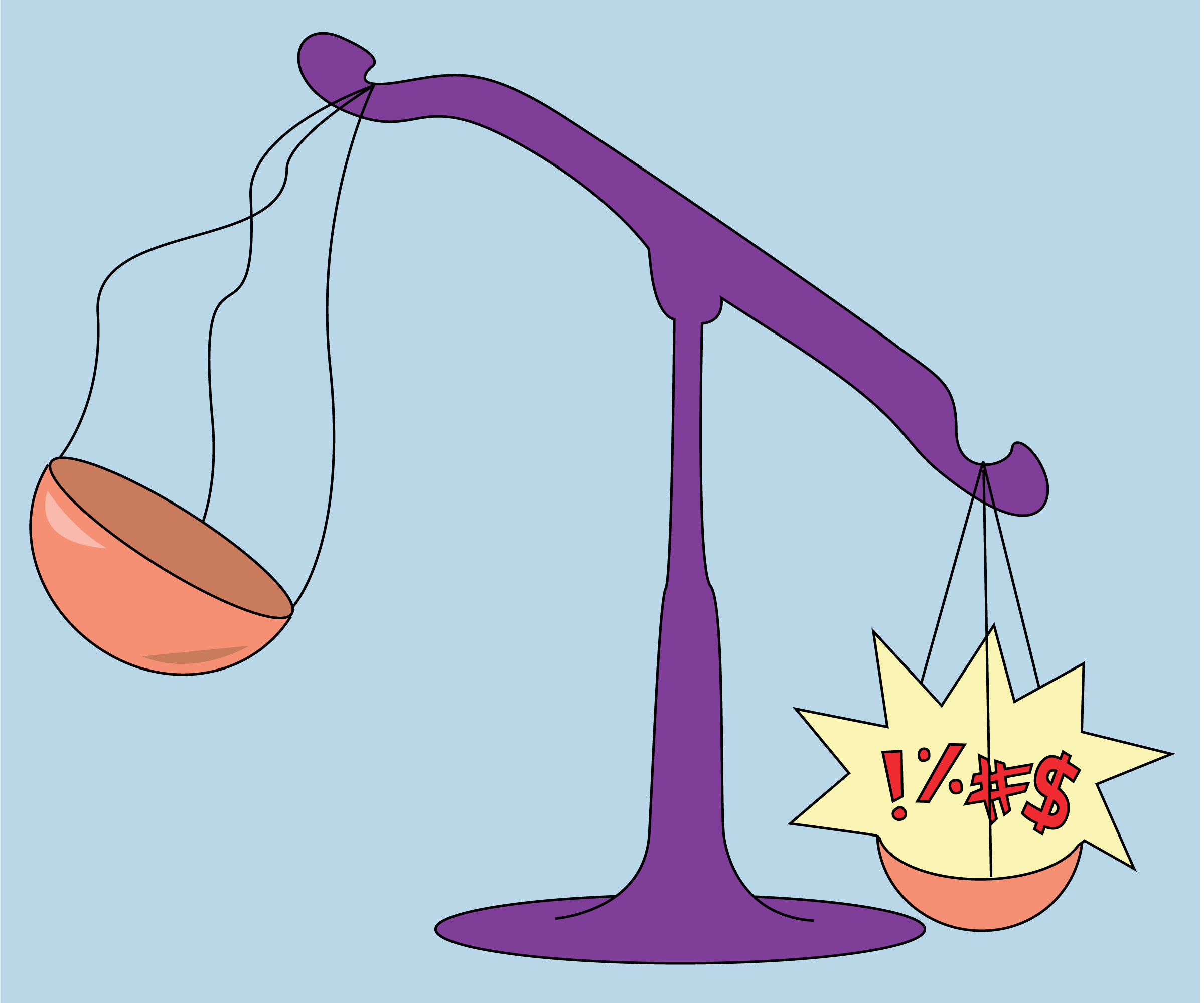“The poor members of the Judicial Board were bombarded with [aggressive] messages [on social media],” said Samantha Candido, a Concordia Student Union (CSU) councillor on the union’s policy committee.
Minutes from an Oct. 12 policy committee meeting describe the harassment faced by the CSU’s Judicial Board following the union’s Annual General Election in March 2018.
During the election, the Chief Electoral Officer (CEO), Nicholas Roberts, disqualified the political party Speak Up, after the release of an op-ed by The Link that endorsed the slate. The CEO interpreted it as campaign material, which, according to election rules, may not be published during polling period.
The CSU’s Judicial Board, which deals with conflicts concerning the CSU’s bylaws and standing regulations, ruled that this was an unjust disqualification, and declared Speak Up the winners of the election. This decision drew criticism from students who disagreed with the ruling.
According to Candido, Judicial Board members were harassed by students on their personal Facebook accounts via private messages. One incident took place in-person directly after the hearing. Some students also demanded their numbers and tried calling them. Candido told The Concordian she does not know if all members were harassed, nor does she know the content of the messages.
Patrick Quinn, a CSU councillor on the policy committee, said that after the incidents, Mathilde Braems, Sarah Mazhero, and Safa Sheikh stepped down from their positions on the Judicial Board. The only present member is Alex Barcelona.
Braems refused a request for comment. The remaining former members did not respond to a request for comment.
During the Oct. 12 meeting, the CSU’s policy committee discussed possible solutions to prevent future incidents of harassment. Candido suggested an honorarium to help the former Judicial Board members better train their new members. She also suggested the implementation of an anti-harassment policy. Candido has not decided if it would be implemented within the Judicial Board alone or more broadly within the CSU’s bylaws.
The proposed policy would discourage all members from responding to any inappropriate messages or messages from unofficial email addresses. Candido said the committee is still deciding how these changes would be implemented.
Quinn said there is a pressing need to appoint Judicial Board members in preparation for the 2019 CSU elections. “They need to be trained better, and [the CSU] needs to be available for them if they have questions,” said Quinn.
The policy committee will move forward with the proposed solutions once they have established a regular meeting time.
Graphic by Ana Bilokin




